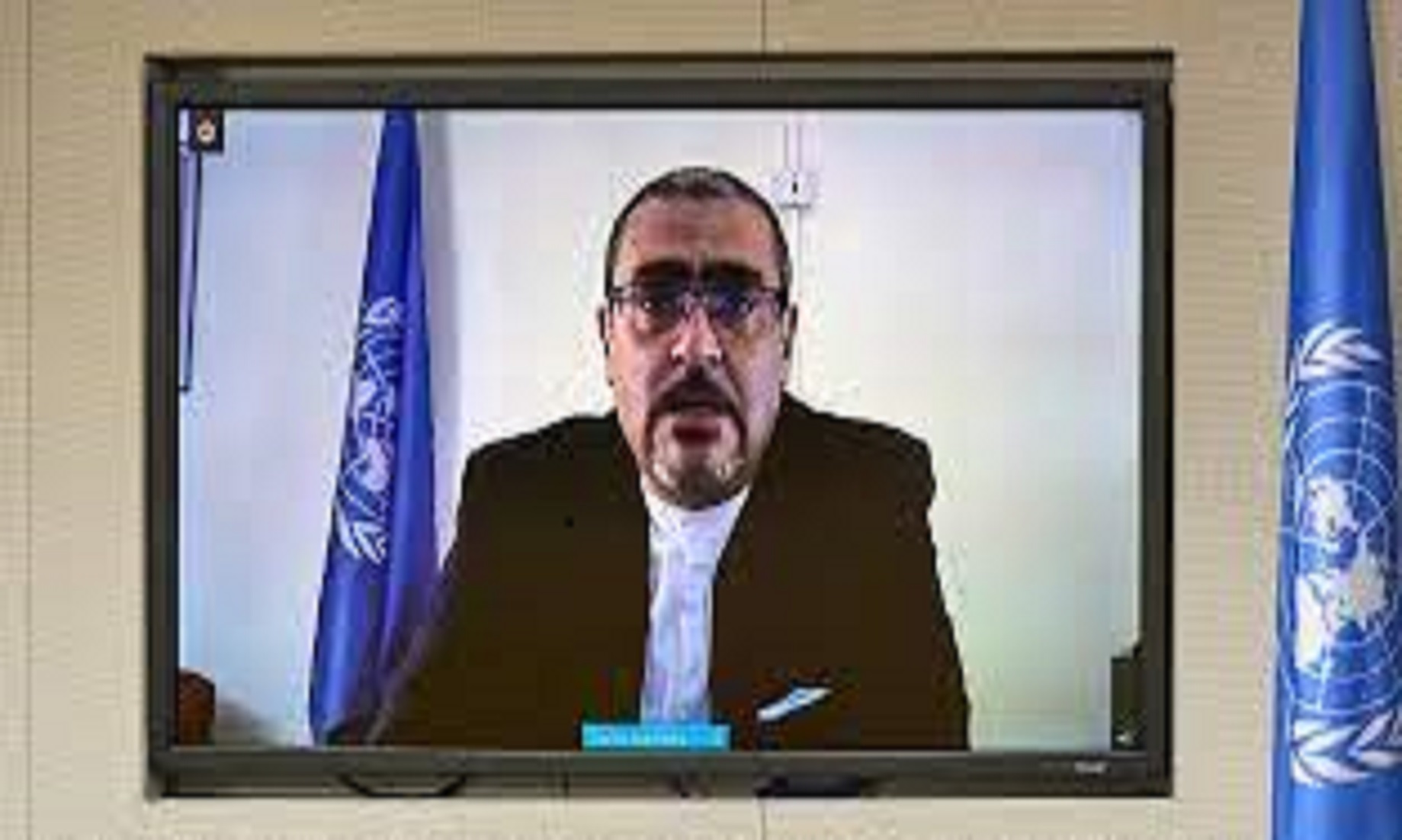UNITED NATIONS, Jun 24 (NNN-AGENCIES) – A UN envoy, yesterday, stressed the need to engage the Taliban, the de facto authorities in Afghanistan, despite difficulties.
“We firmly continue to believe that a strategy of continued engagement and dialogue, remains to be the only way forward for the sake of the Afghan people, as well as, for regional and international security,” said Ramiz Alakbarov, the UN secretary-general’s deputy special representative and officer-in-charge of the UN Assistance Mission in Afghanistan (UNAMA).
“Even as the international community and the Taliban remain far apart, on the question of human, woman’s, and political rights, there are some areas where we can do better, to improve the lives of Afghans, as well as, advance on issues of common concern, such as, counter-narcotics and mine action. Establishing an agenda of common interests will help build confidence and reduce misunderstandings,” he told the Security Council.
This includes types of assistance that directly support basic human needs, while moving, where possible, beyond pure humanitarian delivery into sustaining livelihoods for ordinary Afghans.
The Taliban continue to hold power almost exclusively. The emergence and persistence of an armed opposition is in large part due to political exclusion, said Alakbarov.
The overall security environment is becoming increasingly unpredictable. There are clashes between forces of the Taliban and the armed political opposition, especially in Panjshir and Baghlan provinces, as well as, improvised explosive device attacks and targeted assassinations against the de facto authority figures, by both armed political opposition and the Daesh in Khorasan Province, an Afghan affiliate of the Daesh terrorist group, he said.
Armed opposition attacks against the Taliban doubled in May compared to Apr. The number of attacks has generally decreased compared with the same period last year. But their geographic scope has widened to 11 provinces, compared to six previously, he said.
The ongoing economic crisis is perhaps the single most important issue in Afghanistan, as a potential driver of conflict and a driver of misery, he said.
The Afghan economy has contracted an estimated 30 to 40 percent, since the Taliban takeover in Aug, 2021. Output and incomes have reduced by 20 to 30 percent, while there has been a 50 percent decline in the number of households receiving remittances, he said.
“If the economy is not able to recover and grow meaningfully and sustainably, then the Afghan people will face repeated humanitarian crises, potentially spurring mass migration and making conditions ripe for radicalisation and renewed armed conflict,” warned Alakbarov.
Afghan rural areas must be given priority attention, with focus on agricultural-food systems, to prevent cycles of hunger. There is a need to help drive a grassroots economic recovery, anchored in the creation of value chains and developing linkages between farmers and food producers and local markets. This will help reduce child labour, improve health outcomes, and create an enabling environment for social development and change. It also will pave the way for substitution agriculture to replace poppy cultivation, he said.– NNN-AGENCIES






